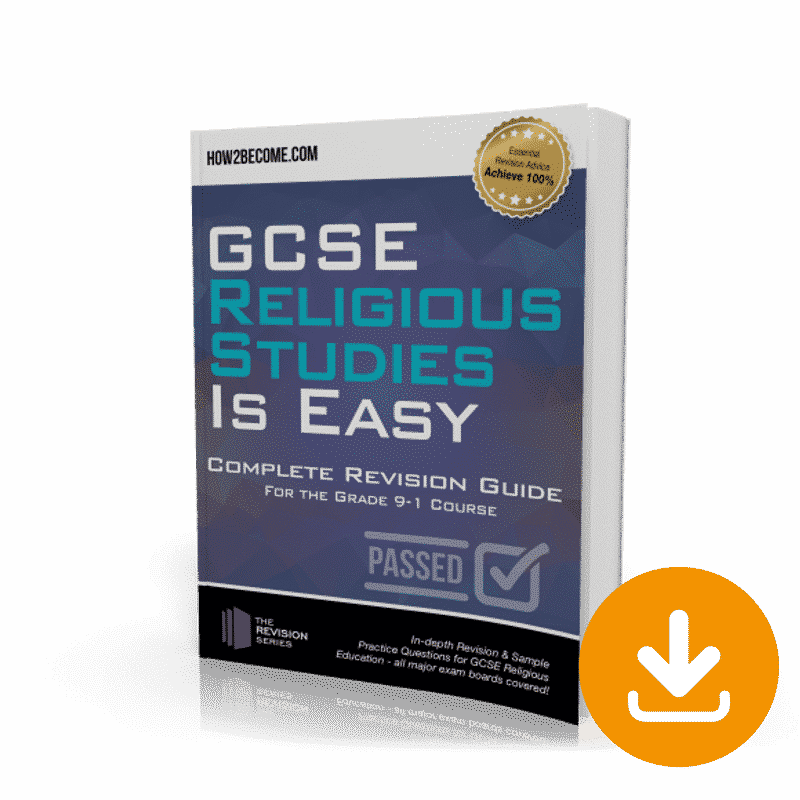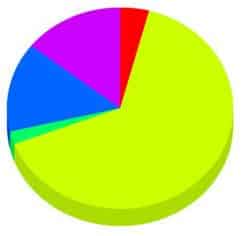Sample Content – Religion and the Universe
The universe is the place in which the entirety of our reality exists. As you can imagine, that makes it rather important for all of the major religions!
The first thing to remember is that Judaism, Christianity, and Islam all hold the believe that there is more out there than just the universe. Heaven and Hell, for example, are not believed to exist inside the universe. This means that, when we die, most faiths believe that our souls leave the universe. That said, religions still have a lot to say about the universe we live in!
The current scientific consensus for the origins of the universe is that, billions and billions of years ago, the entirety of the universe was condensed into a miniscule point. Then, this point exploded, giving birth to the universe. This is what is known as the big bang. Over time, the universe has continued to change and expand, populated with a seemingly countless number of stars, planets, and galaxies.
When it comes to the origins of life, the scientific view is that all creatures on Earth, and probably the entire universe, developed slowly over time. When life on Earth was in its early stages, lifeforms would have been incredibly simple and tiny. As these creatures reproduced, random changes in their genetic material would have created new traits. The creatures with traits which helped them survive would go on to reproduce, and over time more traits would develop. Eventually, the microorganisms from millions of years ago would evolve into the animals that we have today – including human beings! This process is known as evolution by natural selection.
While these scientific explanations for the origins of the universe and life are accepted by many, religions still maintain their own beliefs about life and the universe’s beginnings. Sometimes, these beliefs are complementary to scientific understanding. In other cases, they are directly contradictory. Let’s take a look at what Christianity, Islam, and Judaism have to say about the origins of life and the universe.
Christianity and the Universe
According to Genesis, everything was created by God in six days. If taken literally, this directly contradicts the scientific facts about the universe: it took billions of years to get to where we are now, not six days!
Some Christians take everything in the Bible literally. Known as ‘literalists’ or ‘fundamentalists’, these Christians genuinely believe that God created the world in six days, which usually means that they do not believe in evolution or the big bang. Some of these Christians go a step further, and argue that the scientific evidence for evolution and the big bang are incomplete. Therefore, these theories cannot be trusted.
However, not all Christians literally interpret Genesis. Many Christians see it as symbolic: the exact details of how God created the world aren’t important. Instead, what’s important is what the story tells us about God. For example, the creation story in Genesis shows that God created human beings in His image and likeness. You might not have to literally accept the details of the story to accept that humans are special and created by God.
Interestingly, many great scientists and philosophers have attempted to bridge the gap between religion and science throughout history. Isaac Newton, for example, used his understanding of the solar system to try and find out the precise date when Jesus was born!
Ultimately, there is no single accepted way of interpreting the creation story in Genesis. Some Christians believe that God literally created the world in six days, which means that the big bang and evolution are not true. Other Christians believe that the creation story is symbolic, and therefore their Christian beliefs about God and scientific consensus can co-exist.

















